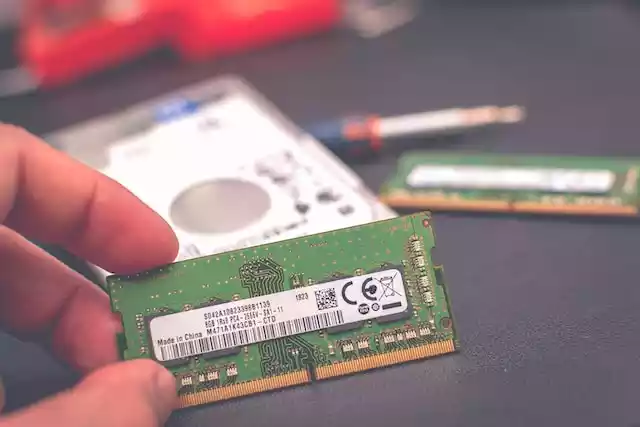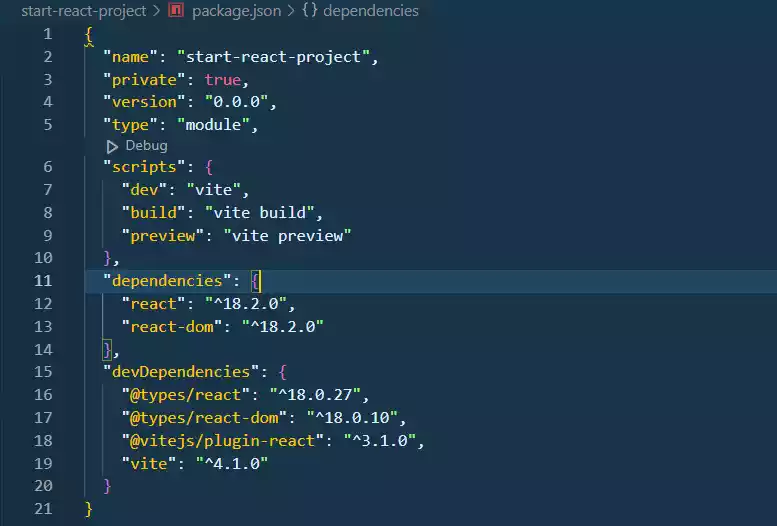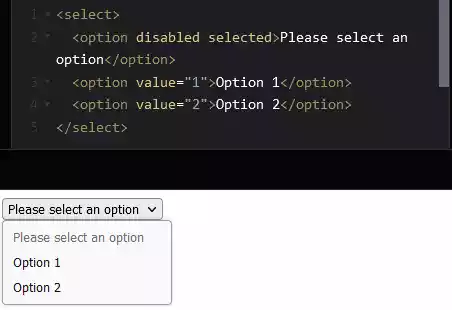What is the purpose of semicolons (;) in C language?
When writing a C program, a semicolon (;) is used after each line of code. This might seem tedious, but it is essential for ensuring the correct interpretation and execution of the code.
Why is semicolon (;) needed in C language?
Some of the reasons why semicolon is used in C programming is discussed below.
1. For statement termination
In C, statements are the fundamental building blocks of code, representing instructions or actions that the program should execute.
Semicolons act as statement terminators, marking the end of a single statement and separating it from the next.
Without proper semicolon placement, the compiler may struggle to interpret the code correctly, leading to syntax errors or unexpected behavior.
For example, in this c program below,
#include <stdio.h>
int main(){
int a, b
printf("Hello Error");
return 0;
}
The variables ‘a’ and ‘b’ are not ended with a semicolon, while the printf(“Hello Error”) is ended with a semicolon.
This will lead to an error called declaration error because, the way the compiler will see it is like this, “int a, b printf(“Hello Error”);”—all in one line.
So the corrected code should be:
#include <stdio.h>
int main(){
int a, b; // Corrected with semicolons
printf("Hello Error");
return 0;
}
2. To Prevent Ambiguity
C allows for multiple statements to be written on a single line, which can potentially lead to confusion if not properly terminated with semicolons.
Consider the following example, the x, y and sum variables are all on the same line.
But if in any case that the semicolon used in separating each statement is not there, then it will lead to an error.
#include <stdio.h>
int main(){
int x = 10; int y = 4; int sum;
sum = x + y;
printf("The sum is %d ", sum);
return 0;
}
3. To make code readable
Semicolons not only ensure proper code execution but also enhance code readability and maintainability.
By clearly separating statements, semicolons make the code easier to understand and debug, especially when working with complex or lengthy code segments.
4. To enforce syntax rules
Semicolons are part of the C language syntax, and their proper usage is enforced by the compiler.
This ensures that programmers adhere to standard coding conventions and maintain consistency across different codebases.
Wrap Up
As a wrap up, semicolons are not just arbitrary punctuation marks in C programming; they are essential for ensuring correct code execution, preventing ambiguity, enhancing readability, and enforcing syntax rules.
Their usage is fundamental to writing well-structured, maintainable, and reliable C code.





